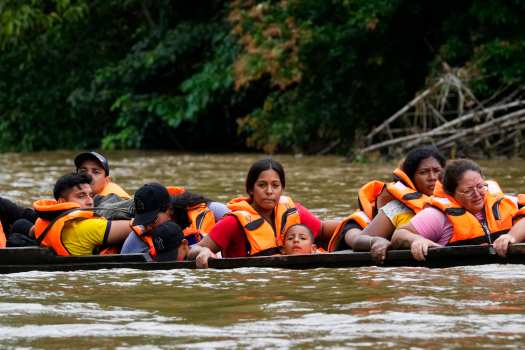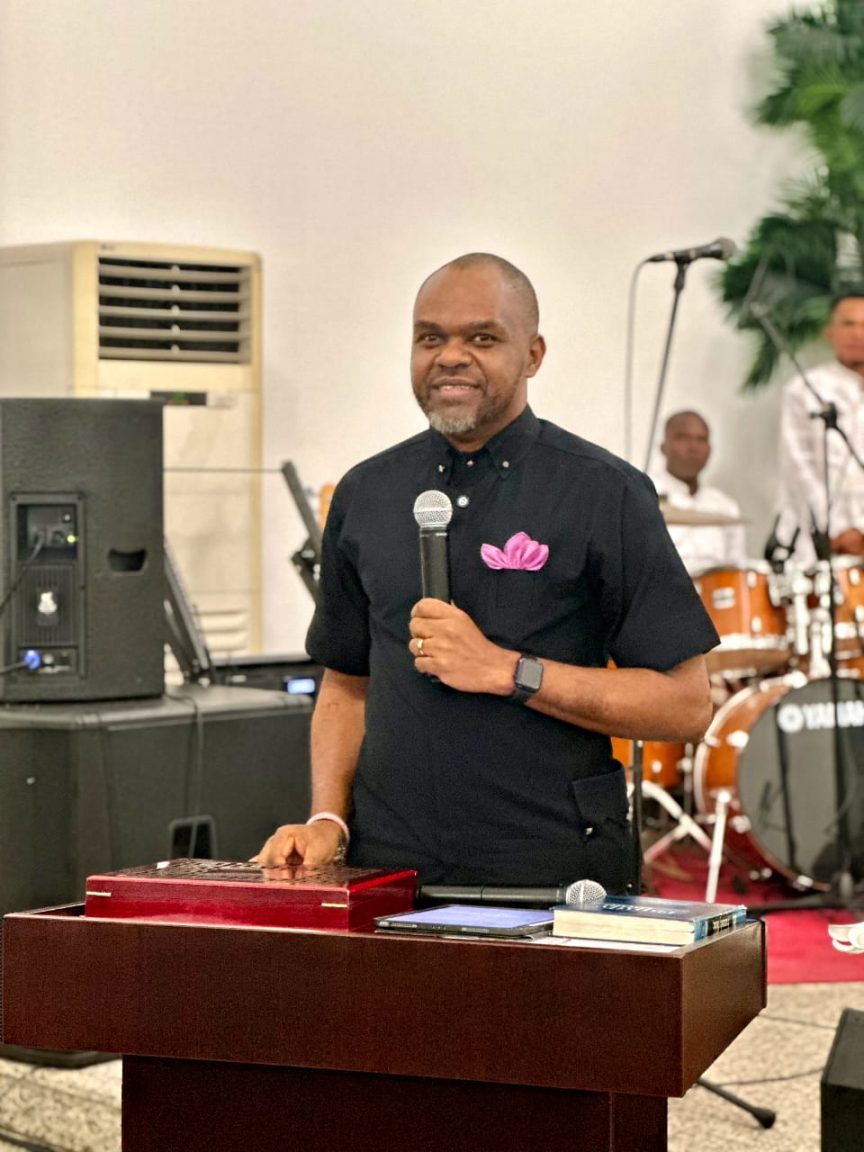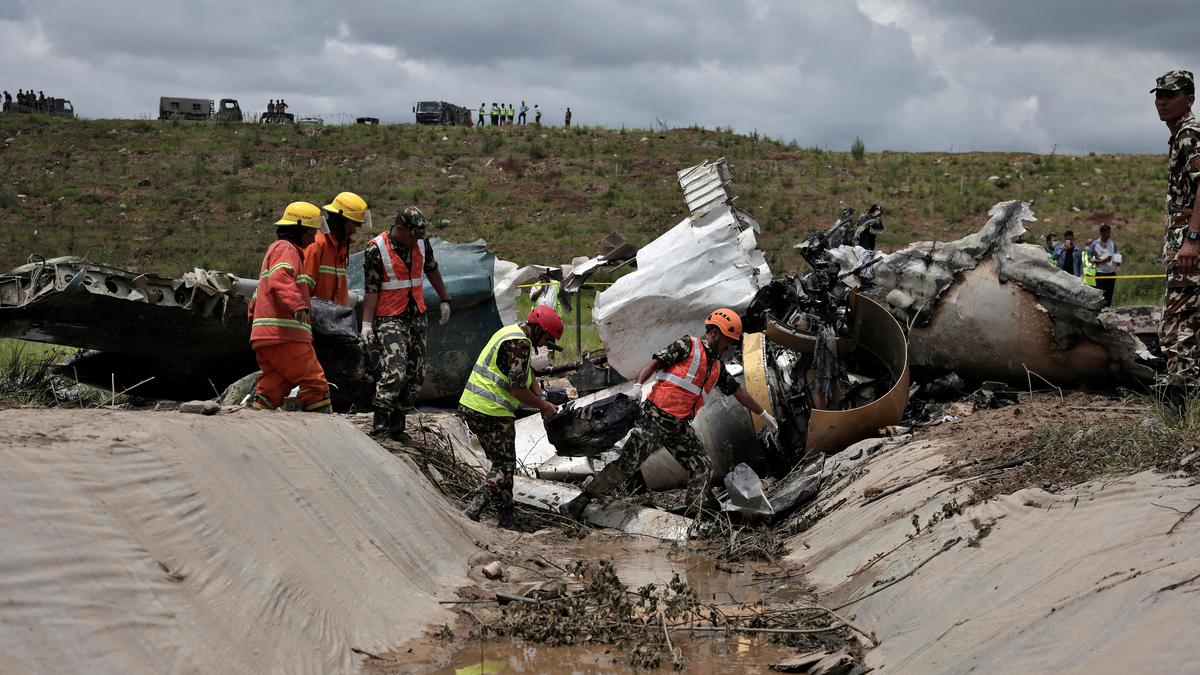Panamanian border police on Wednesday reported 10 migrants had drowned in a river near the Central American country’s coastal border with Colombia.
The migrants died as a result of the river flooding, with their bodies discovered in the remote riverside community of Carreto, a statement from the SENAFRONT border police said.
The small village lies on the Caribbean Sea and is part of the Guna Yala autonomous Indigenous territory.
SENAFRONT did not specify the nationalities of the migrants, or whether they had crossed into Panama through the Darien jungle or by boat.
“Transnational organized crime through local collaborators in these Caribbean coastal communities insist on using unauthorized crossings, putting the lives of these people at serious risk,” the statement added.
The Darien Gap between Colombia and Panama has become a key corridor for migrants traveling overland from South America through Central America and Mexico to the United States.
Despite the dangers posed by treacherous terrain and violent criminal gangs, more than half a million undocumented migrants crossed the Darien last year — mostly Venezuelans, but also from other South American countries and from as far away as China.
In recent weeks the Panamanian government has closed several paths through the jungle and opened a “humanitarian corridor” in order to control the migrant flow and prevent them from being taken advantage of by criminal groups.
Colombian President Gustavo Petro criticized the new measure, saying that such closures could lead to migrants drowning as they seek alternate maritime routes to Panama.
Jose Raul Mulino, Panama’s new president, vowed during his election campaign to deport migrants and shut down the Darien route.
After he was sworn in on July 1, the conservative lawyer said his country would no longer be a “transit” point for undocumented migrants.
The United States backed the clamp down and pledged $6 million in funding for migrant repatriations from Panama, in the hope of reducing crossings at its own southern border.
However, Mulino appeared to soften his tone last week, saying, “We cannot forcibly repatriate” migrants.

















